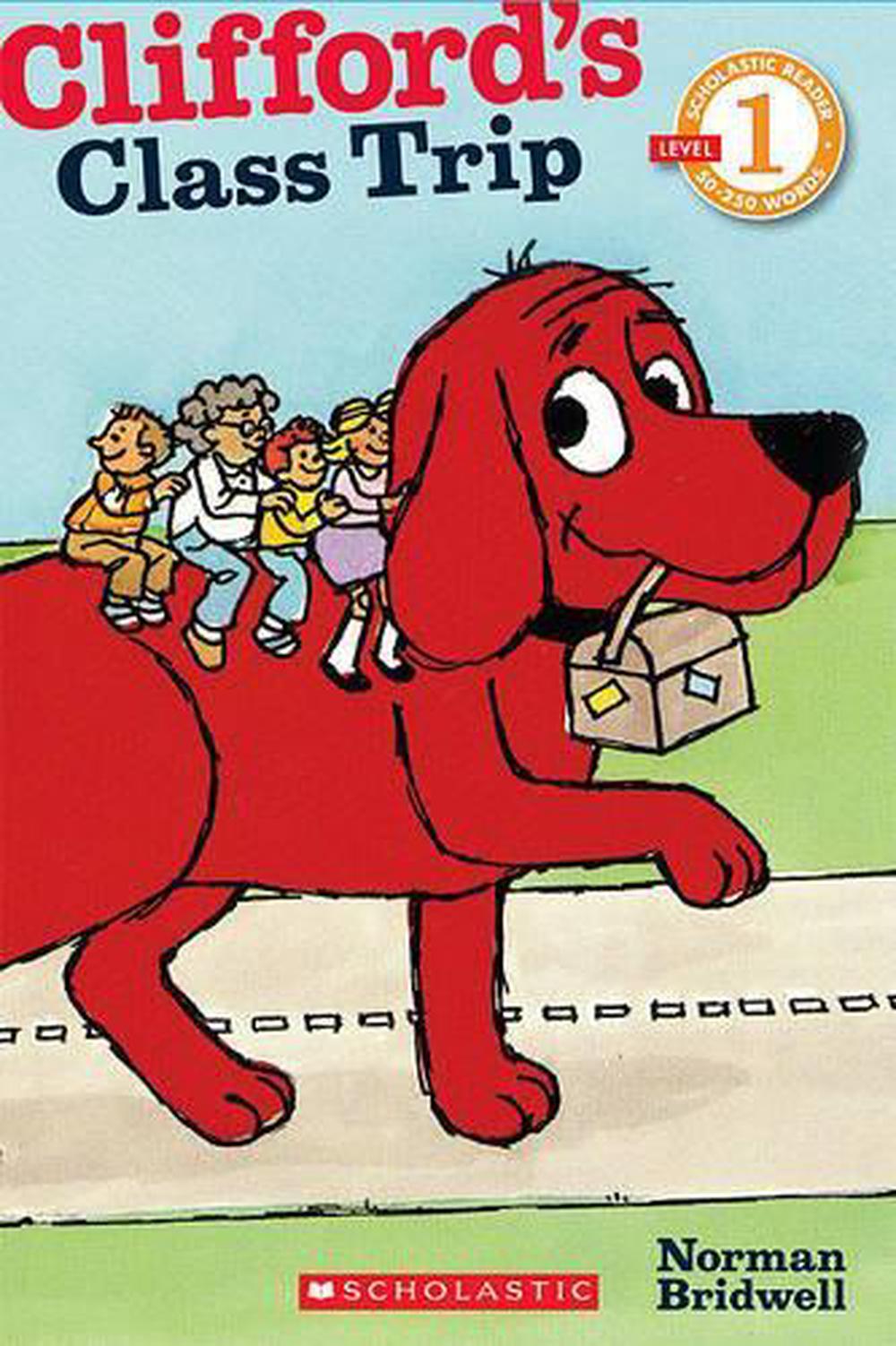

And when they do finally arrive, he kindly gives them their fair shake, allowing them to fail at each attempt to save their peers before he jumps in to save the day.

He begins rescuing people before the others arrive.

When danger calls, Clifford outruns the peasantry to the scene of atrocity.

In this respect Clifford is the Wal*Mart of loveable children's story characters. Even when Emily demands he stop growing, just as the weak and downtrodden demand an end to monopoly, he simply spreads out, wreaking havoc on the small businesses surrounding. He is a mechanism which cannot be stopped. No, Clifford is too large to simply drop out of the rat race. But when he stops (working), drops (onto a couch and collects welfare) and rolls (with the pace of government assistance) like the apathetic peasantry, he destroys the paltry vendors upon the street and then pays them off so they'll keep their mouths shut. He mingles with them, attempts to emulate them. In Clifford the Firehouse Dog, Clifford returns to the city to engage the peasant class once more. He grows so large that he must be relocated to a small rural setting where he will no longer damage those around him. He is puny, but upon being fed by the city peasants he begins to grow to titanic proportions. That's the message Norman Bridwell sends us in the timeless masterpiece, Clifford the Firehouse Dog.Ĭlifford begins his life in a previous installment. They are to blame for his growth and they will bend to his will, because they need him. The working class depends upon Clifford's growth and tutelage, and it is ultimately their incompetence which perpetuates this dynamic. It is market growth, symbolically depicted by a large dog, ironically colored red, which helps society flourish. One can't just halt growth for the sake of the motivation-lacking peasants because they feel like they're not getting their fair shake. The more love he receives in payment, the larger he grows, until his owner, Emily Elizabeth, tells him simply to "stop."īut it is never that simple. Clifford is a friendly dog, one who supplies love and knowledge to the puny proletariat inhabitants of a small rural town.


 0 kommentar(er)
0 kommentar(er)
